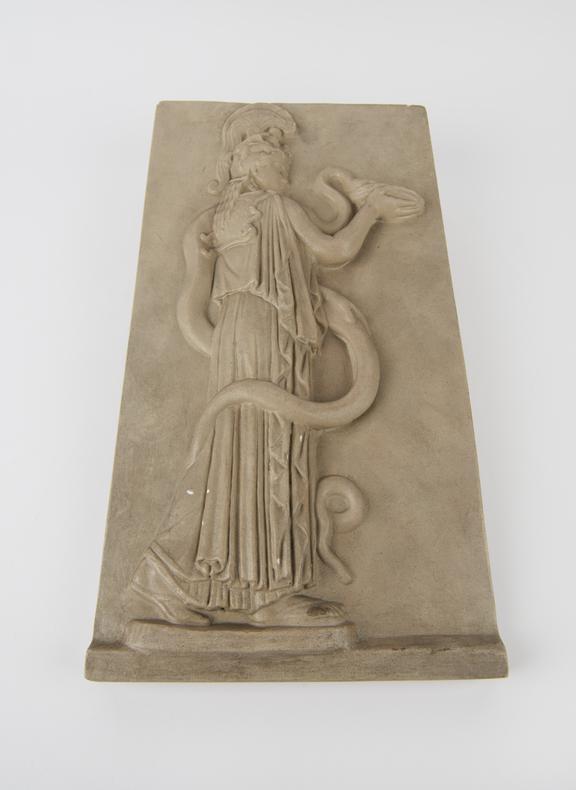Introduction
Minerva, known as /məˈnɜːrvə/ in English and *Menrva* in Etruscan, is one of the most significant deities in Roman mythology. Revered as the goddess of wisdom, justice, law, and victory, Minerva also served as the patron of arts, trade, and strategy. Her influence extended far beyond just warfare; she embodied the calculated and intellectual side of conflict, making her a complex and multifaceted figure in Roman religion. Minerva is often associated with several symbolic elements, including the Owl of Minerva, the olive tree, the serpent of Jupiter, the Parthenon, the spear, the spindle, and the plant Hellebore.

The Symbols of Minerva
Each symbol linked to Minerva carries deep meaning. The **Owl of Minerva** represents wisdom and knowledge, a trait the goddess is most celebrated for. The **olive tree**, a gift to humanity in mythology, symbolizes peace, but also prosperity and victory, especially in trade and diplomacy. The **serpent of Jupiter** ties her to the king of the gods, symbolizing the divine power of her wisdom. The **Parthenon**, though a structure tied to her Greek counterpart Athena, reflects her lasting connection to wisdom and civilization. Meanwhile, the **spear** and **spindle** illustrate the duality of Minerva: her prowess in strategic warfare and her patronage of the arts and craftsmanship.
Minerva vs. Mars: A Contrast in Warfare
Unlike Mars, the Roman god of violent, impulsive war, Minerva was a deity of strategic warfare. She represented the intellectual side of battle—carefully planned strategies, defense, and calculated victories. Minerva’s involvement in war wasn’t driven by bloodlust or chaos, but by necessity, discipline, and victory through wisdom. This crucial difference set her apart from Mars, and in doing so, highlighted her broader role as a deity who valued the power of intellect in all spheres of life.
The Transformation from Athena to Minerva
Minerva’s roots are intertwined with her Greek counterpart, Athena. From the second century BC onward, the Romans began equating Minerva with Athena, the Greek goddess of wisdom and war. Though they shared many attributes, Minerva’s Roman character placed more emphasis on her role as a protector of intellectual pursuits such as law, the arts, and trade. This blending of roles reflects the way Romans adapted and reshaped deities to fit their own values and social structures.

Minerva’s Role in the Capitoline Triad
Minerva held an essential place in Roman religious life as part of the **Capitoline Triad**, alongside **Jupiter** and **Juno**. As one of the three central deities worshipped on Capitoline Hill, she was revered not just for her wisdom but also for her strategic importance in war, governance, and culture. Jupiter, the king of the gods, and Juno, the goddess of marriage and state affairs, were her divine companions, forming a powerful trio that guided Rome in matters of state, religion, and warfare.
Conclusion
Minerva stands out as one of the most compelling and influential goddesses of Roman mythology. Her association with wisdom, justice, and strategic war shaped her as more than just a war goddess—she became a symbol of intellectualism, creativity, and victory through discipline. Minerva’s legacy, from her symbols to her transformation from Athena, continues to highlight the importance of intellect and strategy in human history and the divine realm.
Minerva’s story serves as a reminder that knowledge, strategy, and justice often triumph over sheer force, making her one of the most revered deities in the Roman pantheon.
